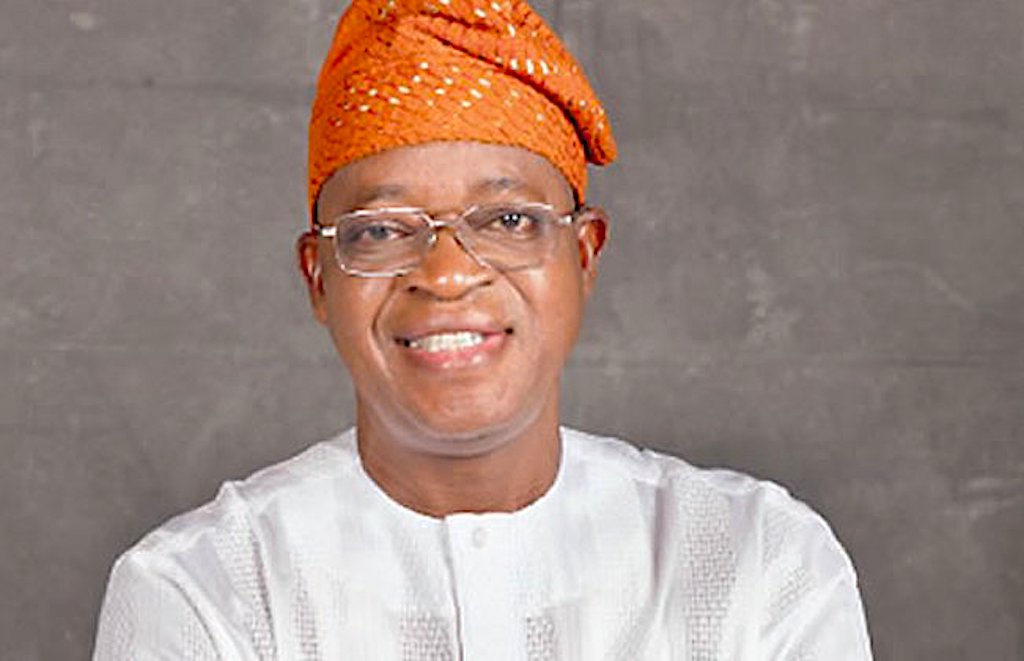The federal government, through the Ministry of Marine and Blue Economy, has reaffirmed its commitment to securing Nigeria’s election to Category C of the International Maritime Organisation (IMO).
Speaking at a stakeholders’ validation session in Lagos, Minister of Marine and Blue Economy, Adegboyega Oyetola, unveiled the nation’s first National Policy on Marine and Blue Economy. He described the IMO candidacy as part of Nigeria’s broader ambition to enhance its role in global maritime governance and drive domestic sector reforms.
Oyetola stated that the new policy would serve as a transformative framework for sustainable growth in key areas such as fisheries, aquaculture, renewable energy, tourism, and seabed mining. It also seeks to address pressing challenges like environmental degradation and Illegal, Unreported, and Unregulated (IUU) fishing, ensuring the sustainable use of marine resources. “The policy provides a robust framework aligned with international best practices to safeguard our marine assets for future generations,” he said.
He highlighted significant strides in maritime governance, including the ratification and domestication of international protocols that have led to a three-year piracy-free record in Nigerian waters. However, he acknowledged ongoing issues such as boat mishaps and other safety concerns, stressing the need for urgent and targeted solutions. “Our goal is to reposition Nigeria as a dominant player in the marine and blue economy, both regionally and globally,” he added. “Pursuing Nigeria’s candidacy for IMO’s Category C further demonstrates our resolve to amplify our voice in global maritime governance.”
The draft policy, comprising nine sections, outlines Nigeria’s marine and blue economy endowments and provides a roadmap for achieving its objectives. It covers five core areas: legal and institutional frameworks; maritime transport, trade, and shipping; fisheries and aquaculture; marine abiotic resources; and marine innovation and technology. The policy also addresses cross-cutting issues and offers a detailed implementation structure supported by stakeholder assessments.
Permanent secretary of the ministry, Mr. Olufemi Oloruntola, underscored the importance of the participatory process in shaping the policy. “This validation workshop allows stakeholders to refine and enrich the draft policy through an inclusive approach,” he said.
The session gathered key industry stakeholders, including heads of maritime agencies and private sector representatives. Among the notable attendees were the director-general of the Nigerian Maritime Administration and Safety Agency (NIMASA), Dr. Dayo Mobereola; managing director of the Nigerian Ports Authority (NPA), Mr. Abubakar Dantsoho, and president of the African Shipowners Association (ASOA), Ms. Funmi Folorunsho.





